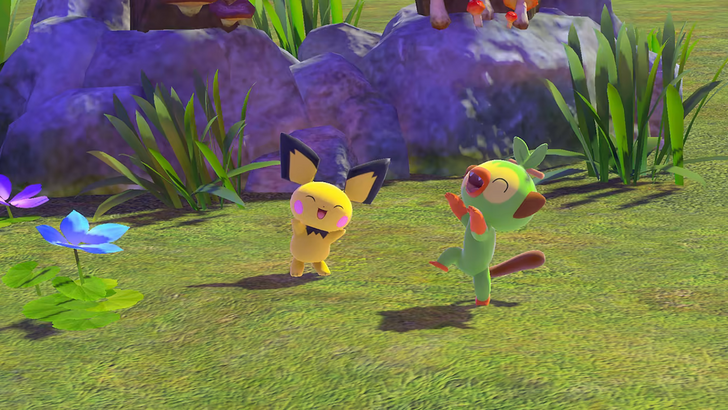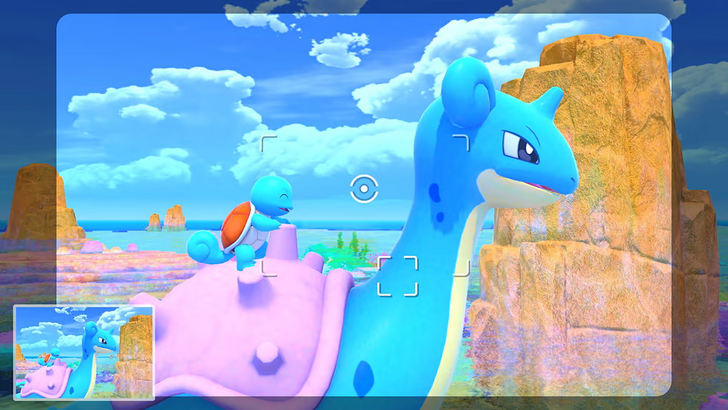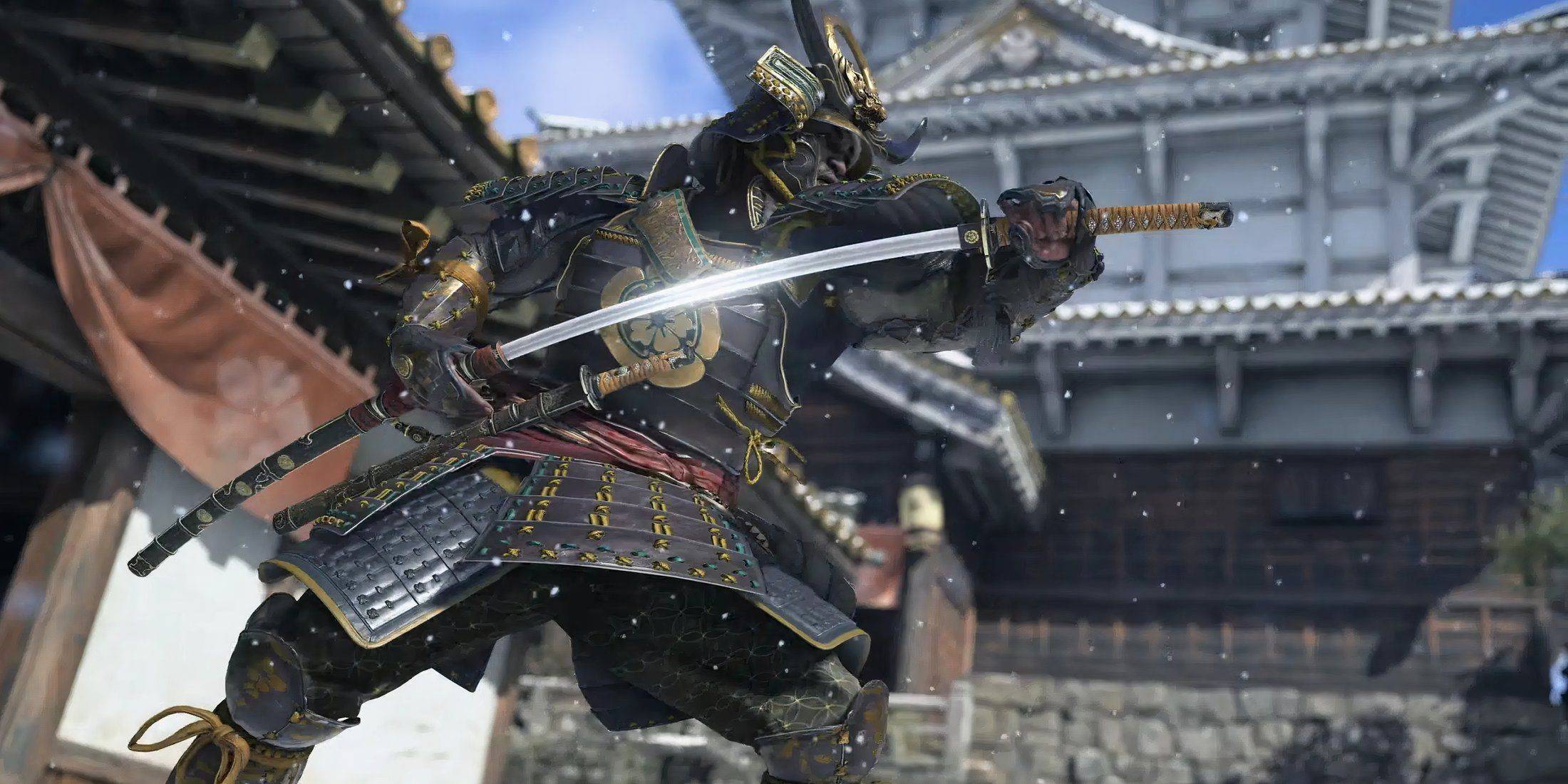 Nintendo makes history in China with the debut of New Pokémon Snap. This article explores the significance of this release and why it's the first official Pokémon game in China.
Nintendo makes history in China with the debut of New Pokémon Snap. This article explores the significance of this release and why it's the first official Pokémon game in China.
New Pokémon Snap's Chinese Launch: A Historic Moment
Pokémon's Official Return to China
 On July 16th, New Pokémon Snap, a first-person photography game initially released globally on April 30th, 2021, marked a pivotal moment. It became the first officially released Pokémon game in China since the country's video game console ban was implemented and later lifted (2000 and 2015 respectively). The ban stemmed from concerns about the potential negative impact of consoles on children's development. This launch signifies a new chapter for Nintendo and Pokémon fans in China, finally bringing the franchise to the Chinese market after years of restrictions.
On July 16th, New Pokémon Snap, a first-person photography game initially released globally on April 30th, 2021, marked a pivotal moment. It became the first officially released Pokémon game in China since the country's video game console ban was implemented and later lifted (2000 and 2015 respectively). The ban stemmed from concerns about the potential negative impact of consoles on children's development. This launch signifies a new chapter for Nintendo and Pokémon fans in China, finally bringing the franchise to the Chinese market after years of restrictions.
Nintendo's strategic expansion into China, initiated with a 2019 partnership with Tencent to bring the Switch to the country, is significantly advanced by New Pokémon Snap's release. This marks a major step in penetrating one of the world's largest and most profitable gaming markets. This move aligns with Nintendo's growing presence in China, with more high-profile game releases planned.
Upcoming Nintendo Games in China
 Following New Pokémon Snap, Nintendo has announced several additional titles for the Chinese market, including:
Following New Pokémon Snap, Nintendo has announced several additional titles for the Chinese market, including:
⚫︎ Super Mario 3D World + Bowser’s Fury ⚫︎ Pokémon Let’s Go, Eevee and Pikachu ⚫︎ The Legend of Zelda: Breath of the Wild ⚫︎ Immortals Fenyx Rising ⚫︎ Above Qimen ⚫︎ Samurai Shodown
These releases demonstrate Nintendo's commitment to establishing a strong gaming presence in China, aiming to capture a larger market share with its popular franchises and new titles.
Pokémon's Unexpected Chinese Legacy
 The surprise among international Pokémon fans regarding China's long-standing console ban highlights the complex history of the franchise in the region. Despite the ban, a substantial fanbase emerged, with players accessing games through unofficial means, including overseas purchases and counterfeit versions. Smuggling was also prevalent; a recent example involved a woman smuggling 350 Nintendo Switch games.
The surprise among international Pokémon fans regarding China's long-standing console ban highlights the complex history of the franchise in the region. Despite the ban, a substantial fanbase emerged, with players accessing games through unofficial means, including overseas purchases and counterfeit versions. Smuggling was also prevalent; a recent example involved a woman smuggling 350 Nintendo Switch games.
One notable attempt to introduce Nintendo hardware to China without direct branding was the iQue Player, a collaboration between Nintendo and iQue released in the early 2000s. This compact Nintendo 64 variant aimed to combat rampant piracy.
 A Reddit user aptly noted the impressive global success of Pokémon despite never officially entering the Chinese market. Nintendo's recent actions signify a strategic shift, aiming to leverage its international success in the previously untapped Chinese market.
A Reddit user aptly noted the impressive global success of Pokémon despite never officially entering the Chinese market. Nintendo's recent actions signify a strategic shift, aiming to leverage its international success in the previously untapped Chinese market.
The gradual introduction of Pokémon and other Nintendo titles into China represents a significant turning point for both the company and its fans. Nintendo's continued navigation of this complex market, coupled with the enthusiastic response to these releases, suggests a promising future for gaming in China and beyond.
 Home
Home  Navigation
Navigation






 Latest Articles
Latest Articles










 Latest Games
Latest Games












